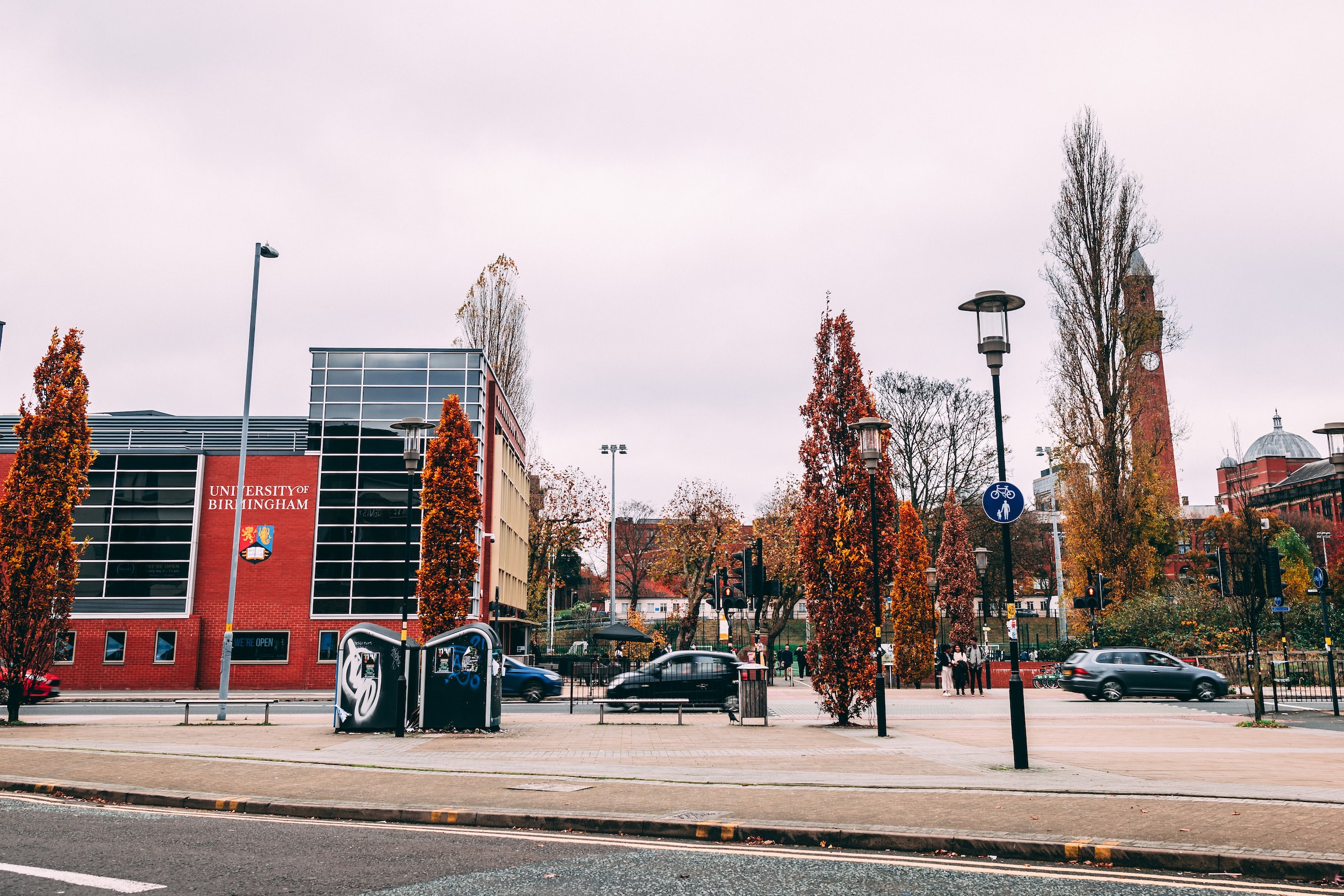
Life&Style writer Ffion Haf analyses the social media trend, arguing that it distracts from more pragmatic activism
#BlackoutTuesday was a collective action to protest against racism and police brutality towards the black community, expressing solidarity with the Black Lives Matter movement. Originally initiated by the music industry to take a moment of silence in acknowledgement of how much Black culture has influenced music, it became a day promoted by activists to observe and bring about political change in light of the death of George Floyd. To participate, users simply post a black square onto their feed and commit to not posting over the rest of the day or to only post and share messages of solidarity. The motion came at a time where the voices of the black community needed to be heard the most.
The movement called people to disconnect from work and entertainment for a day and to instead use their presence on various platforms to uplift the voices of members of the black community. Numerous organisations supported the cause and suggested that the day could be an opportunity to take time from work to focus on helping others. It meant that people provoke accountability over what is shared online and instead work to promote change for the better, reflecting on racism and its effect on society.
“These posts were shared with good intentions however have received widespread criticism
These posts were shared with good intentions, however they have received widespread criticism. Instead of sharing information, people’s feeds were being filled with black squares, making it difficult to find posts from black creators and the knowledge they have to share. As a consequence, the pictures became somewhat counterproductive, given the aim of the day was to focus on black creators.
Activists became concerned when there became a risk of black squares drowning out critical updates, mental health advocate and activist Kenidra Woods posted on Twitter: ‘We know that’s [sic] it no intent to harm but to be frank, this essentially does harm the message.’ Users taking part in Blackout Tuesday were encouraged not to use the Black Lives Matter hashtag when taking part, as this too drew too much attention from posts containing useful insights and important information.
“There were 28million posts under #BlackoutTuesday yet only 13million signatures on the petition for justice for George Floyd
When people reflect on why such a movement was called on, we must also remember that a day of silencing out social media is nowhere near enough participation in the matter. A single day of posting or abstaining from promoting ourselves does not even begin to address the systematic oppression of the black community and the racism they face daily. It was noted that by the end of 2nd June or ‘Blackout Tuesday’ there were 28million posts under #BlackoutTuesday yet only 13million signatures on the petition for justice for George Floyd demonstrating how activism is treated like the latest ‘trend’. As individuals, we must do all we can, whether it be through making donations, signing petitions, or simply silencing ourselves so that the voices of the black community may finally be heard.
You may also like:
The Troubling Trend of Performative Activism
Spotlight On: Artists as Activists
Is it Right to Criticise the Social Media Outrage at George Floyd’s Murder?

Comments